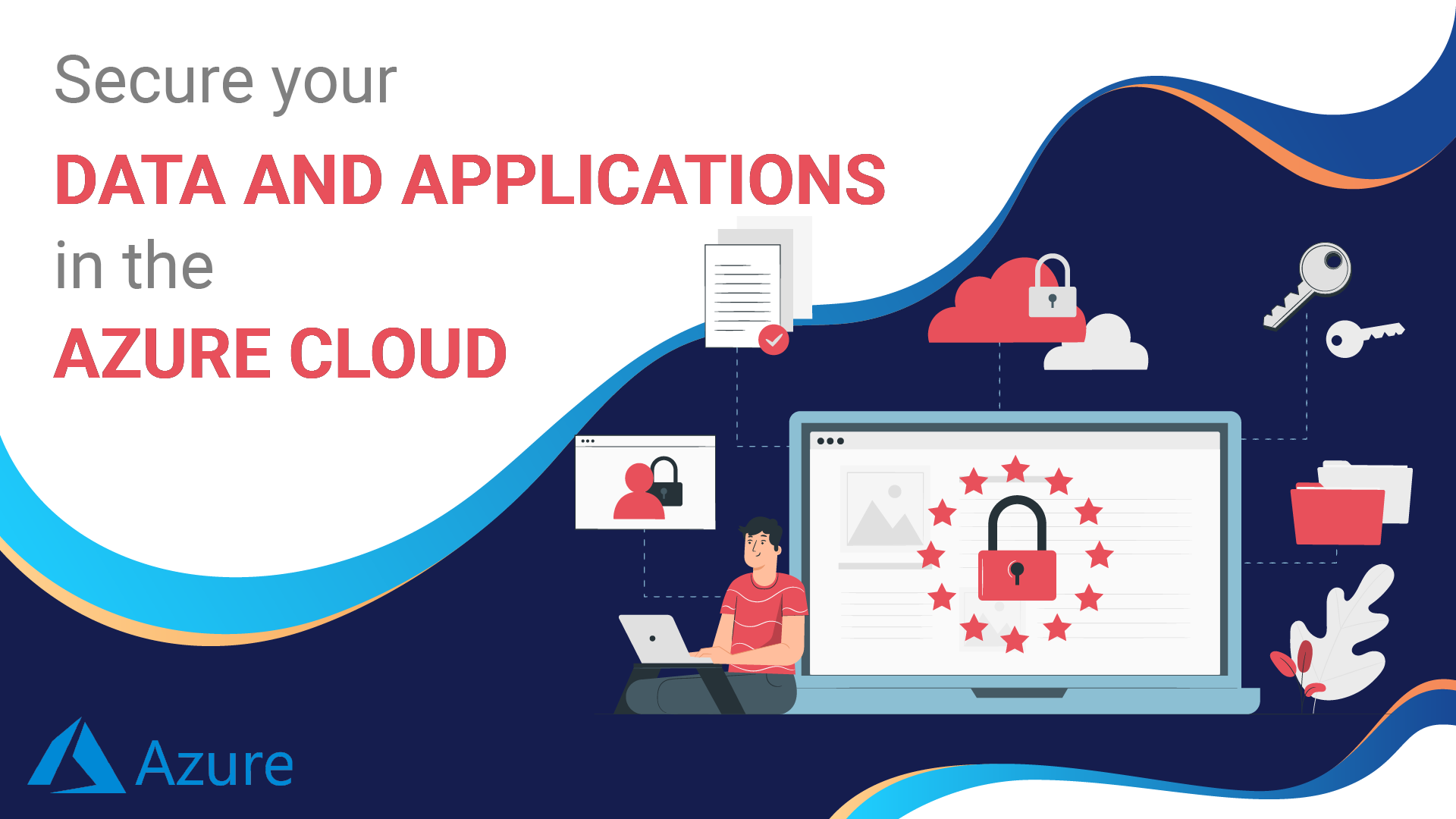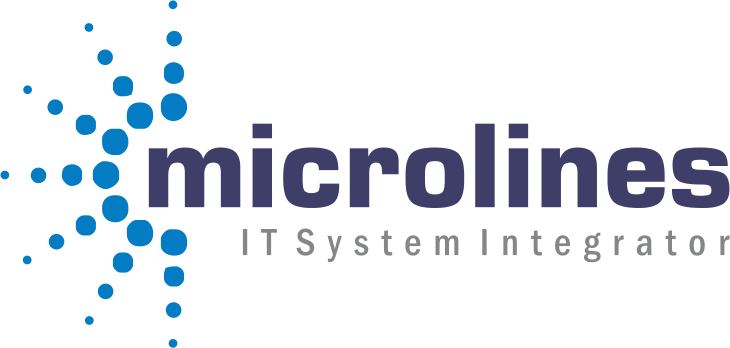
Cloud computing has become a vital part of modern business, offering many benefits such as scalability, flexibility, cost-efficiency, and innovation. However, cloud computing also brings new challenges and risks for data and application security. In this post, we will explore how to secure your data and applications in the Azure cloud, using best practices and tools provided by Microsoft.
Azure security overview
Azure is a cloud platform that provides a wide range of services and solutions for different scenarios and needs. Azure offers various security features and capabilities to help you protect your data and applications from threats and vulnerabilities. Some of these features are:
– Azure Active Directory (AAD): A cloud-based identity and access management service that enables you to manage users, groups, roles, permissions, and policies for your Azure resources and applications.
– Azure Key Vault: A service that allows you to store and manage cryptographic keys, certificates, passwords, and secrets in a secure and centralized location.
– Azure Storage: A service that provides scalable and durable storage for your data, such as blobs, files, queues, tables, and disks. Azure Storage supports encryption at rest and in transit, as well as access control mechanisms such as shared access signatures (SAS) and role-based access control (RBAC).
– Azure SQL Database: A relational database service that offers high availability, scalability, and security for your data. Azure SQL Database supports transparent data encryption (TDE), always encrypted, dynamic data masking, auditing, and firewall rules.
– Azure App Service: A service that enables you to build and host web applications, APIs, and microservices in the cloud. Azure App Service supports SSL/TLS certificates, authentication and authorization, web application firewall (WAF), custom domains, and deployment slots.
– Azure Security Center: A unified security management and monitoring service that helps you identify and remediate security issues across your Azure resources and applications. Azure Security Center provides threat protection, security recommendations, compliance reporting, and alerts.
Securing your data and applications in the Azure cloud is not a one-time task but an ongoing process that requires constant vigilance and improvement. By following the security features discussed in this post, you can enhance your security posture and reduce your risk exposure in the cloud. We hope you find this post useful and informative. To know more about Azure cloud, feel free to write us at [email protected] or leave a comment below.
Microlines InfoTech is a certified Microsoft partner with extensive experience in helping businesses migrate to Azure cloud. We can help you plan, execute, and optimize your cloud migration with ease and confidence.
